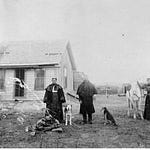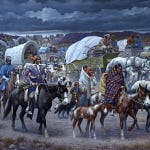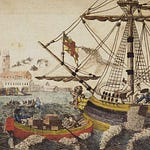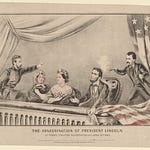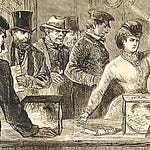George William Van Cleve has written some of the most provocative and underappreciated works on the American constitutional tradition. His 2010 book A Slaveholders’ Union examined slavery’s central role in the framing of the Constitution, but it was his follow-up, We Have Not a Government, that made a lasting impression on me. The 2017 book explores the collapse of the American political system under the Articles of Confederation in the 1780s—a period of economic crisis, popular rebellion, and eventual constitutional overhaul.
Van Cleve followed that book in 2020 with Making a New American Constitution, a sweeping call to rewrite the U.S. Constitution for the present day. Unlike others who have floated the idea, Van Cleve outlines exactly how such a convention could work, where it would draw its legitimacy, and why it is urgently needed to address systemic dysfunction in American governance.
In this first of a two-part episode, we discuss the lessons of the 1780s and how that crisis spurred the drafting of an entirely new constitution. Next week, we’ll turn to the present—and what it would take to do the same today.
George William Van Cleve, A Slaveholders’ Union: Slavery, Politics, and the Constitution in the Early American Republic (2010)
— We Have Not a Government: The Articles of Confederation and the Road to the Constitution (2017)
— Making a New American Constitution (2020)





